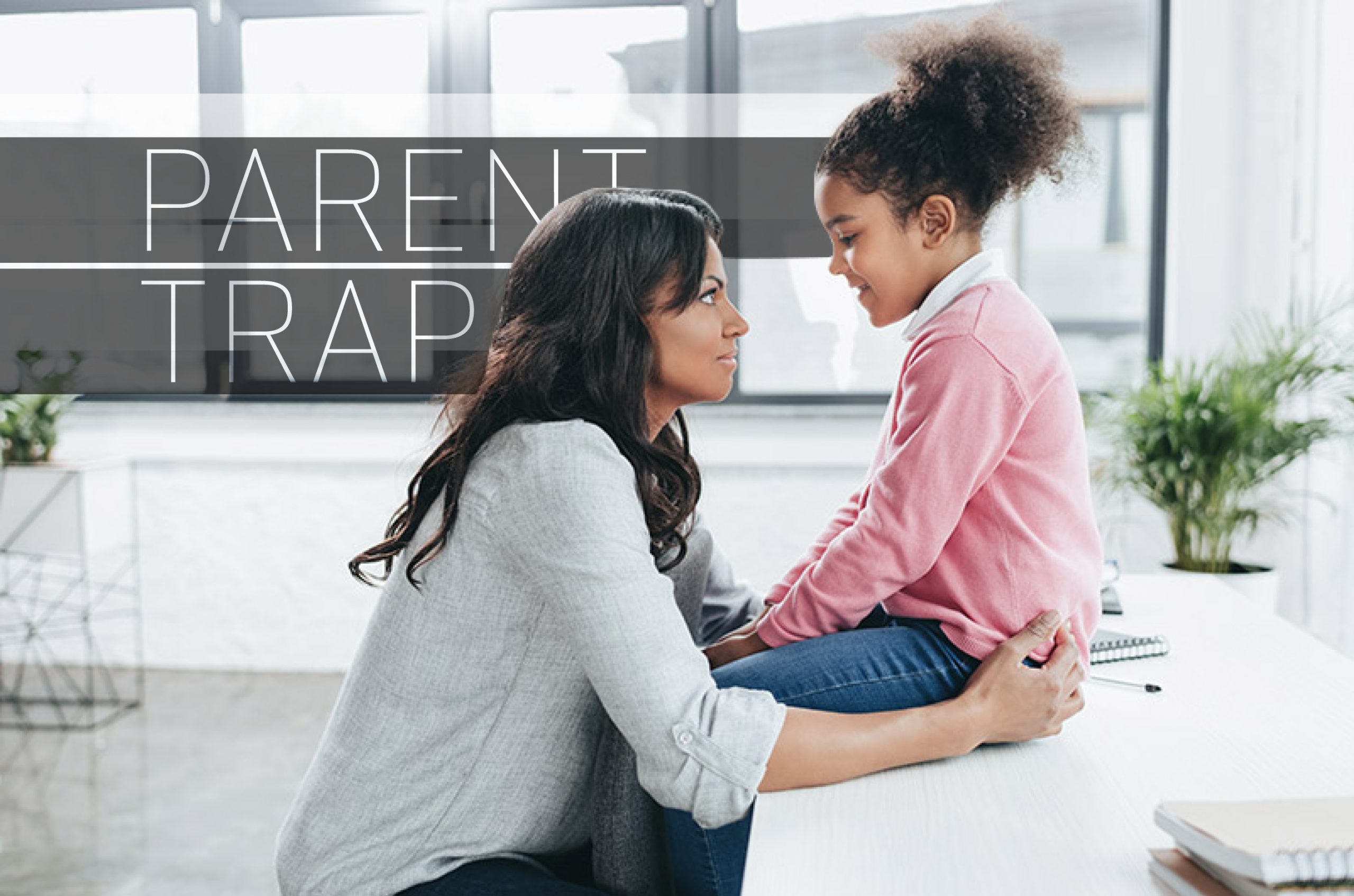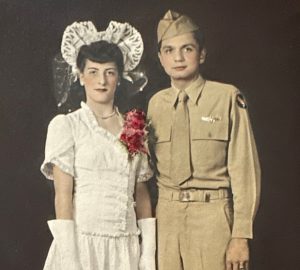Many parents find themselves in the middle of their children’s conflicts and taking too much responsibility when it comes to resolutions. Do you find yourself becoming the judge, juror and executioner in their fights? Parents hear a commotion in the next room, come barging in with a full head of steam; decide who started it, who’s in the right and who’s in the wrong; and dole out punishments. It’s no surprise that kids end up tattling and whining for an adult to come solve their problems because we’ve trained them to need us. So, what’s a parent to do?
Whenever I hear that siblings have become angrier and more aggressive, I encourage parents to first look at two potential causes. First, check within yourself: Have you been crabby, distracted, critical or angry? Second, take a good hard look at your marriage. Has there been tension, arguments, yelling, fights or cold distance? Kids tend to reflect the adults around them emotionally, so a good place to begin affecting change with kids’ anger is dealing with your or your relationship’s issues first. Clean that up, and it’s amazing how kids tend to settle down.
Most importantly, switch your intention from being the judge and juror and instead be an unbiased mediator. Let your kids know that you’re going to be doing things differently from now on. If you hear them squawking, the most you’ll do is come in calmly and teach them how to resolve the conflict on their own. You can guide each child to let their sibling know their needs and wants about the issue and to listen to the other person so that both feel heard and understood. Only then will they be able to brainstorm a solution that works for both of them. It won’t take long for kids to pick up these skills, and you will then slowly but surely work yourself out of the job of being responsible for future disagreements.
An unwillingness to blame and punish one person takes away most of the reason for tattling. The skills they learn in dealing with sibling conflicts will carry over to dealing with their friends and dating partners. Kids gain a measure of confidence from knowing they can handle conflicts independent of adults. And on the flip side of the coin, a more caring relationship between siblings has a chance to emerge. Most sisters and brothers do love and care about each other. Notice and affirm times you see acts of kindness and compassion between them. Diminishing the number and intensity of their conflicts will make for a calmer, more fun home
Tim Jordan, M.D., is a behavioral pediatrician who works with girls in grade school through college. Check out his new online course, Parenting girls: The challenges girls face today with their feelings and friends and what they need, at drtimjordan.com.








